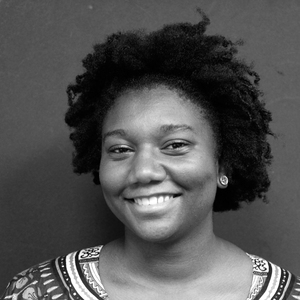Crockett: LGBT History Month provides students with opportunity to reflect, acknowledge inequality
October is LGBT History Month, which is an opportunity to observe the strides made by the community, and to understand that there is still a long way to go for LGBTQ students to be treated as equals on and off campus.
While Syracuse University offers an abundance of resources, it is important for students to acknowledge that the fight for equality is not over. The LGBTQ community is not only disproportionately represented in American universities, but is at a higher risk of sexual assault and relationship violence than heterosexual students.
Students, regardless of their sexual orientation or gender identity, can contribute to the inclusivity and representation of queer students by recognizing that sexual assault isn’t confined to any one group.
Erin Duran, the associate director of the LGBT Resource Center at SU, said there is substantial evidence that proves community members face more violence for their identity, but there is a lack of comprehensive information as to why this is.
Duran noted this may be because the queer community doesn’t get as much attention as it should, due to homophobia, transphobia and heteronormativity.
For example, bisexual women face more sexual violence than heterosexual women because misogyny and homophobia are at the intersection of their mistreatment.
Universities need to work to accommodate the LGBTQ community so that these trends in sexual violence will dissolve. On campus, SU provides resources for students to become aware of, and be included, in addressing these issues.
Katelyn Cowen, the director of health promotion at SU, recognizes that the university not only needs to give special attention to the LGBTQ community, but also to other groups of students who are underrepresented on campus.
“We know that regardless of gender identity, sex orientation, gender expression, these issues happen in all populations and certainly across populations,” Cowen said. “Collectively, we are aware that we want to reach the entire SU population when it comes to sexual and relationship violence education. There are unique experiences and factors within any subpopulation.”
Part of being inclusive is realizing that there is more than one type of relationship on campus. Universities should educate students on the different kinds of relationships that exist, but emphasize that all violence is negative and should be addressed and ended.
“Who they are has value and they are deserving of value and respect. When you can internalize those feelings of value and you are deserving of love, that will lead you away from unhealthy relationships,” said Duran.
As theorized by Duran, many LGBTQ students, and students in general, may stay in unhealthy relationships because they do not believe they are deserving of anything better.
As the university continues to provide a safe place for students of all different backgrounds, students must embrace the responsibility to look out for each other and speak up, knowing that doing so promotes equality on a larger scale.
Elaina Crockett is a senior television, radio and film major and African American studies minor. Her column appears weekly. She can be reached at ekcrocke@syr.edu.
Published on October 4, 2015 at 11:41 pm






